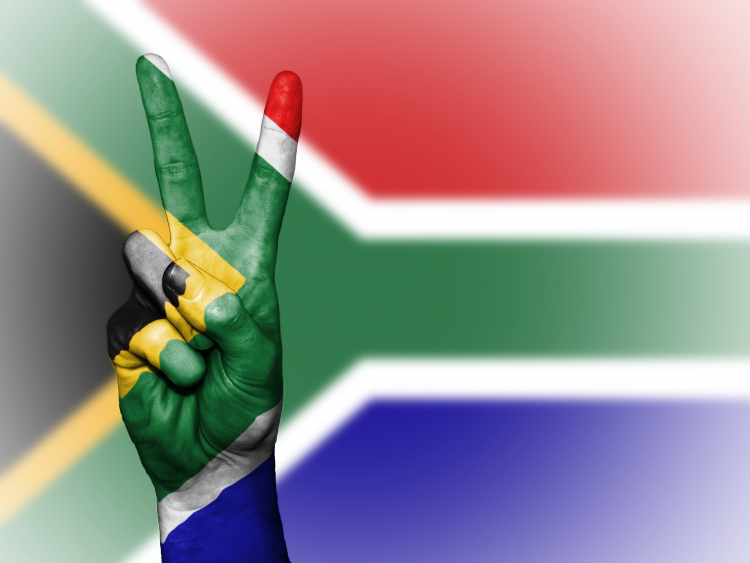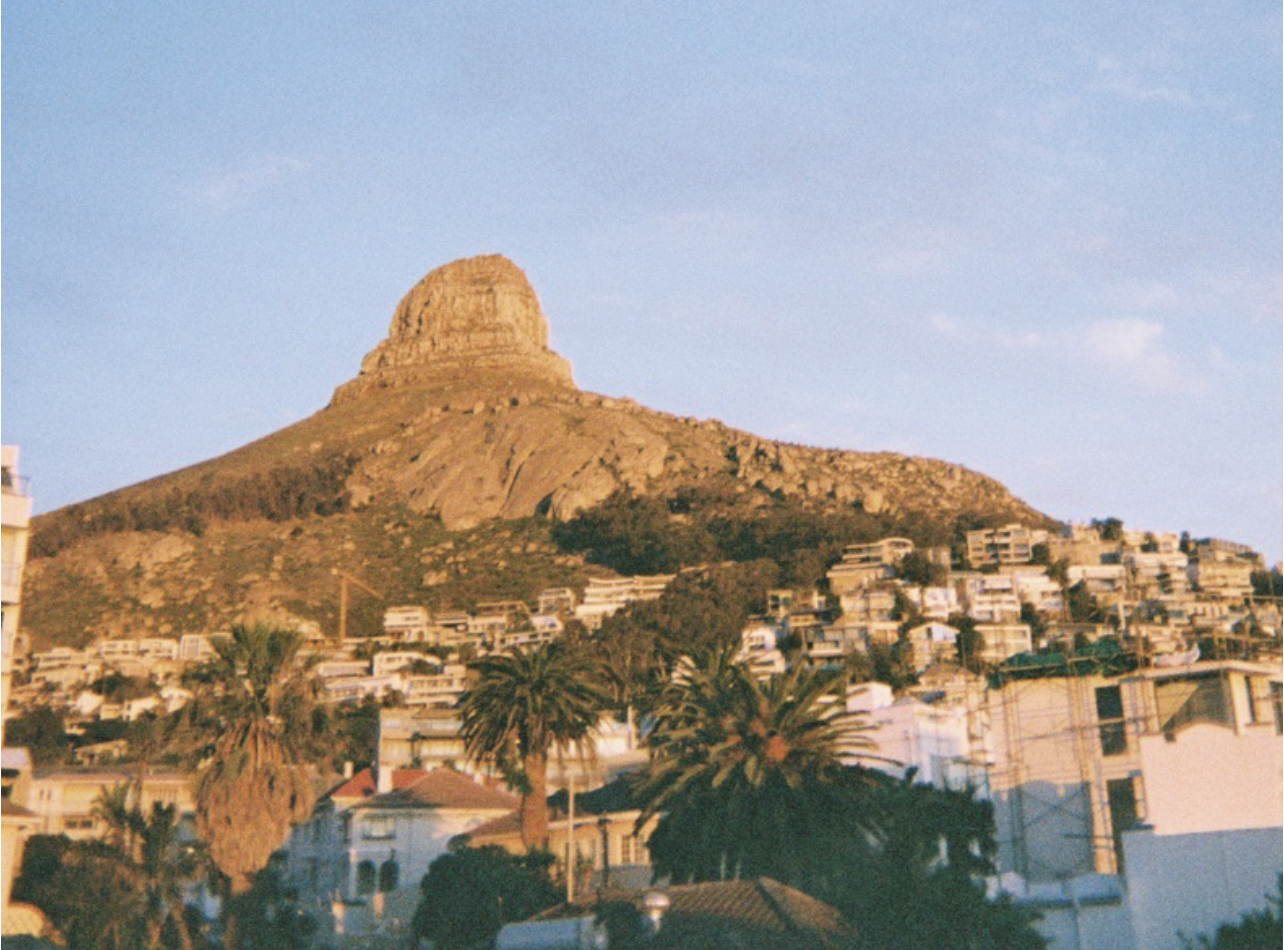The role of discrimination towards South Africa during Covid-19

Strength and determination—if South Africa had to be summarized as two adjectives, these are the ones which embody my country. South Africa and its people have endured years of oppression and discrimination, negatively impacting the livelihoods of South Africans. However, especially in our current situation revolving around Covid-19, it is with a heavy heart that one must acknowledge that discrimination is still present.
Discrimination has had a detrimental effect on the country's past, but no longer will it affect the future. For over 25 years, South Africa has focused on changing its narrative into one of reconciliation, redemption, and prosperity. The aim of reconciliation has led to years of investigation of the violations of human rights during Apartheid to allow for amnesty to those oppressed and violated as a means of trying to heal society. This process has highlighted the strength of South Africans and their determination to rebuild their once oppressive country into one of growth and unity.
It is also essential to recognize the help of the Western world in ending Apartheid. Developed countries provided military support and aid in economic, sports, and cultural boycotts to emphasize that the presence of Apartheid was not supported by other countries, hence encouraging South Africa to abolish it. The relationship between the South African and the Western world continues until today.
The year 2021 in South Africa can be viewed as a year of emotional and physical exhaustion by many citizens. Life-threatening riots in response to political affairs in July resulted in a national lockdown, the halt of food supplies and the question of safety impacted the livelihoods of the citizens. However, these struggles did not overshadow the national successes of the past.
Image Credit: Unsplash/Ashim D'SilvaIt came as no surprise to South Africans when local virologists and epidemiologists discovered the mutation of the coronavirus at Lancet Laboratories in Pretoria in the early days of November 2021. South African’s scientific community used their decades of experience working to combat the HIV and tuberculosis epidemic to make this discovery. Tuberculosis is the leading cause of death in HIV-infected people, which has led to South Africa’s advanced disease control infrastructures.
The discovery of the new variant, Omicron, which should have been viewed as a scientific success for South Africa, was completely side-lined. Instead, South Africa was considered as a threat to the health of the rest of the world. Britain closed the borders just days later, meaning that all flights to and from Britain were canceled, with the European Union and U.S. responding with their own travel bans against South Africa and other Southern African countries. The travel ban occurred during the holiday times and the cancellation of flights isolated many families when their unity was most needed.
Although the West’s help was relevant to ending Apartheid, when this health crisis hit South Africa it was unfortunate that the West closed itself off to the country and viewed South Africa as a threat. The West abandoned South Africa when it was in need of help, instead of providing South Africa and other developing countries with access to vaccines and aid in health care. South Africa was left to fend for itself.
Image Credit: Elizabeth CorbettThe South African President, Cyril Ramaphosa, who spoke out against these travel bans, inherently reflected the emotions of South Africans as he said, "At this moment in humankind's history, we must demonstrate our determination to leave no country behind." This statement encapsulates the discrimination against South Africa and other developing countries during Covid-19. In this difficult time of a pandemic, it is crucial, if not obvious, that countries should be focusing on solidarity.
Solidarity is diminished by false news and developing countries like South Africa are a strong target of it. One of the main issues regarding media, specifically in developing countries, is the media's distortion. Images and articles circled around social media platforms informing viewers that Omicron originated from South Africa, adding more fuel to the fire. Firstly, the place of origin of the Omicron variant is still uncertain, and secondly, the false news further heightened the fear of mutation, increasing the existing panic.
The false news depicted in this article shows a man holding a newspaper with the headline “New Variant Here.” Instead of the media explaining that South Africa discovered the new variant of the Covid-19 virus, the Western world reacted to the discovery as the if the variant was initially created by South Africa, encapsulating the advantage that the Western countries have over vulnerable developing countries and using them as scapegoats.
However, at this point, Omicron had already arrived in Europe and these travel bans against South Africa and other southern African countries were already put in place. These travel bans had no benefit, the result of this ban had a detrimental effect on South Africa, essentially increasing in the economic crisis of the pandemic.
It cannot be denied that times like this require solidarity. South Africa and other developing countries are in need of foreign support. It is vital that nations support each other rather than create distinctions between rich and poor countries. The approach to overcoming the coronavirus pandemic in developing countries requires the aid of developed countries; thus under no circumstances should there be room for discrimination. The priority lies in ending the pandemic. South Africa was penalized for its scientific advancement in detecting the new variant and sharing their discovery with the world. South Africa redirected their past to change their future into one of unity and prosperity; the rest of the world can use this circumstance of discrimination to encourage unity in the relationships of developing and developed countries.









